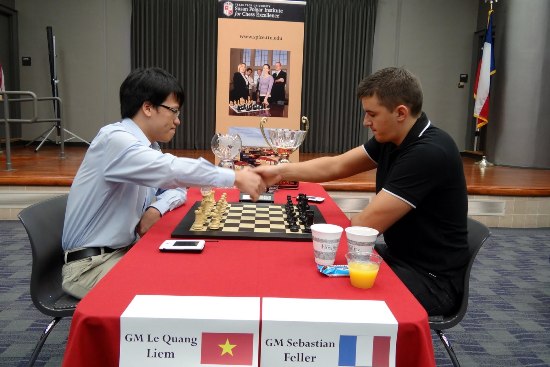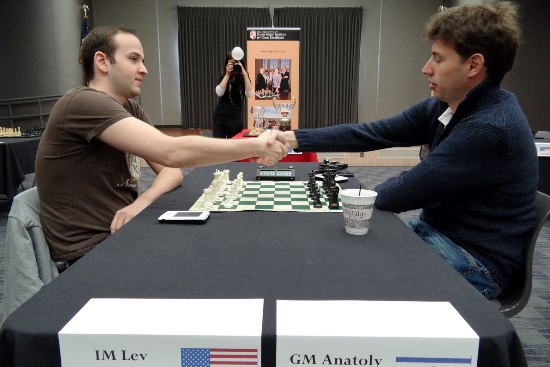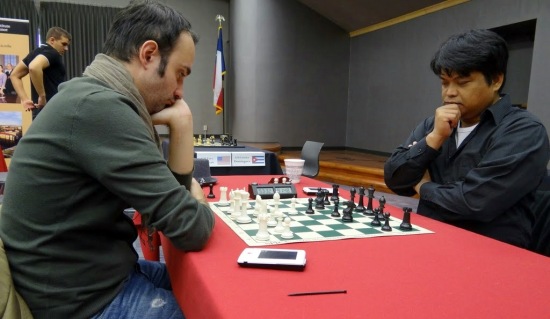
Fifth annual SPICE Cup hosts chess players from around world
Daily Toreador
8:29 pm, Sun Oct 23, 2011
By Greg Lindeman
Staff Writer Daily Toreador - Dept. of Student Media, Texas Tech University
The fifth annual Susan Polgar Institute for Chess Excellence Cup, a chess tournament, is taking place on Texas Tech’s campus from Oct. 15-25.
The SPICE Cup looks to promote chess and its educational, social and competitive benefits throughout the United States.
In this year’s tournament, the ‘A’ group is the highest rated international invitational in United States history and also includes three groups of grandmaster tournaments.
There are players from all over the world at the tournament, including the top national nine- and 10-year-olds, said Susan Polgar, a former Olympic champion, world champion and the director of the SPICE Cup.
“Six of the 26 in the top three are Texas Tech students,” Polgar said. “This tournament started in 2007 and became a tradition afterwards.”
The grand prize is $6,000 and second place will take home $3,000.
“Cooperation with the Susan Polgar Foundation, a non-profit organization, and Texas Tech arrange to bring visibility and information about chess,” Polgar said. “The games of the top three groups are being shown live, with an expected 30 million views worldwide.”
The tournament saw some of the top players from France, Germany, Cuba and Vietnam competing at a high level.
This tournament gave players chances to refine their skills as they played the best international players, Polgar said.
Ananya Roy, former vice president of the Knight Raiders and a junior political science major from Atlanta, Ga., said she practiced before the event by doing puzzles and playing online.
“My dad and brother used to play and I picked it up,” Roy said. “I played in clubs, and my coach saw potential. Ever since then, I began playing competitively.”
The tournament is in the rank order style where players are paired with people who are at a similar level. When they lose, they become paired with another person who lost. There is no elimination in the traditional sense and the winner will be the chess player with the highest rank at the end of the tournament.
To become a grandmaster, players need to acquire three or more “norms,” which are chess achievements based on performance, tournament ratings and winning a certain number of games against a grandmaster, said Josh Osbourn, a senior English major from Kentucky.
“I practiced with puzzles and I review the opening moves,” Osbourn said. “There are theories for opening moves that can give you an edge. They may not win you the game, but they give you a chance to put yourself in a better position by knowing how to start the game.”
Osbourn’s father showed him how to play when he was five years old, but he did not start playing competitively until high school. He has since gone on to national tournaments and now the SPICE Cup.
“I played one game today so far,” Osbourn said. “I feel that I did well. I play two more games tomorrow since I took a bye yesterday.”
The ‘A’ group will continue to play until 6 p.m. Tuesday when the closing ceremony for the group will officially end the two-week event.
Source: http://www.dailytoreador.com







